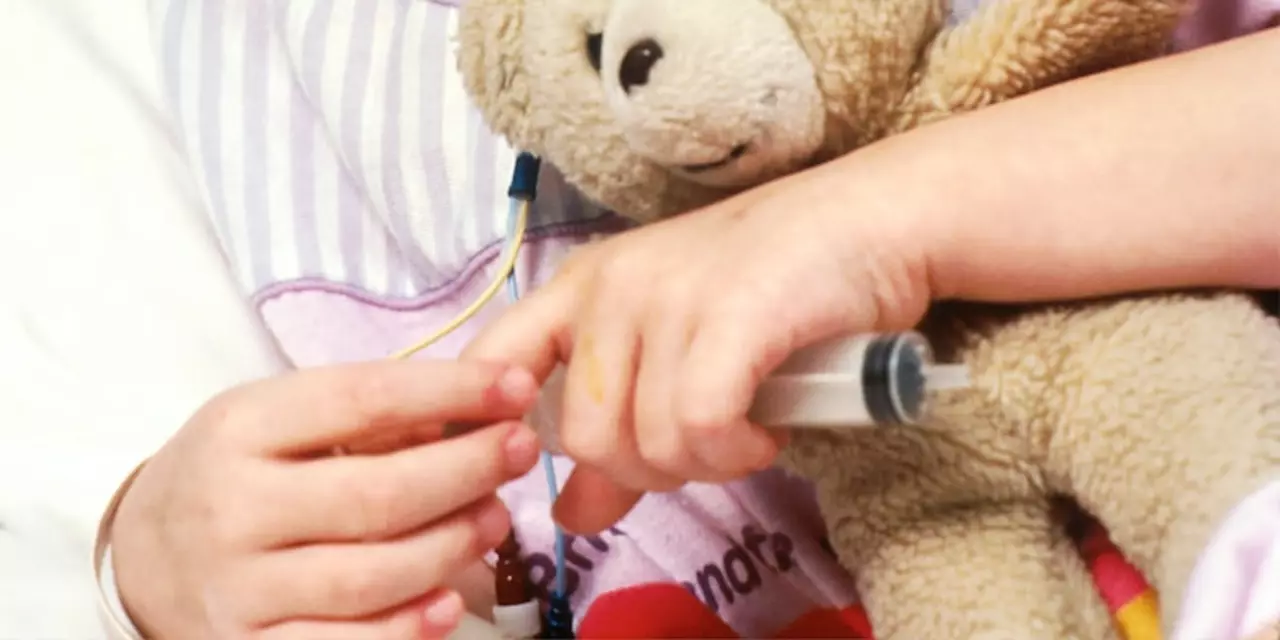Baby Health Tips: Simple Ways to Keep Your Little One Happy
Got a newborn or a toddler at home? You probably wonder how to make sure they’re growing strong without turning every day into a science experiment. Good news: most baby health basics are simple, and you can start using them right now. Below are practical, no‑fuss ideas that fit into a busy family routine.
Nutrition Basics for Babies
First off, feed them right. For infants, breast milk or formula covers almost everything they need for the first six months. If you’re pumping or using formula, keep bottles clean and store milk at the right temperature – no more than two hours at room temp, and discard leftovers.
When you introduce solids (around six months), start with single‑ingredient purees like carrots, sweet potatoes, or apple. Offer a new food every three days so you can spot any reactions. Aim for a colorful plate; the variety helps provide vitamins, minerals, and a taste for different textures.
Don’t stress about exact portion sizes. Babies eat when they’re hungry and stop when they’re full. Watch for cues: turning the head away, pushing the spoon away, or losing interest are signs they’ve had enough.
Sleep and Safety Hacks
Sleep is where a lot of baby health magic happens. Keep the crib simple – a firm mattress, fitted sheet, and no loose blankets or stuffed toys. The back‑sleep position remains the safest choice for newborns, reducing the risk of sudden infant death syndrome (SIDS).
Establish a bedtime routine early. A warm bath, a gentle lullaby, and a dim light signal that it’s time to wind down. Consistency helps the baby’s internal clock settle, making nights more predictable for everyone.
Safety isn’t just about the crib. Baby‑proof the house by securing cabinets, covering outlets, and anchoring furniture that could tip over. Keep small objects, cords, and anything choking‑hazard away from reach.
Don’t forget skin care. Use fragrance‑free, mild soap and pat the skin dry. A few drops of baby‑grade moisturizer keep the delicate skin from drying out, especially in cooler weather.
Lastly, trust your instincts. If something feels off – a rash, fever, or a change in feeding pattern – give your pediatrician a call. Early checks prevent bigger issues later.
These tips are easy to slip into daily life, and they cover the core of baby health: good food, safe sleep, and a protected environment. You don’t need to be a medical expert; just stay observant, keep routines simple, and enjoy watching your baby grow.

- 0 Comments
This article provides advice about baby health and care products for parents. It recommends a range of products such as baby monitors, safety gates, baby wipes, and diaper bags. It also suggests that parents research and select products that are safe and effective for their baby. Additionally, it suggests that they speak with medical professionals when making decisions about the products they use. Finally, the article emphasizes the importance of reading product labels and following manufacturer’s instructions to ensure the safety of their baby.